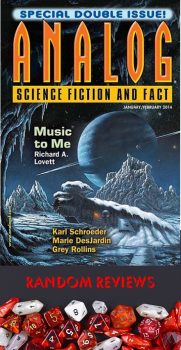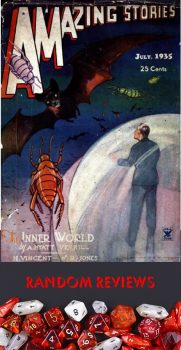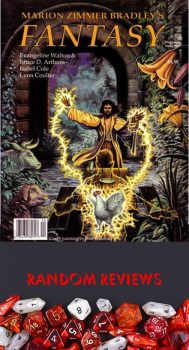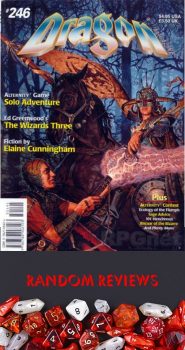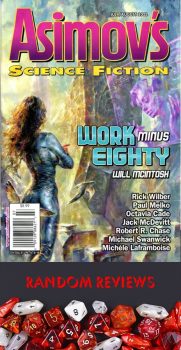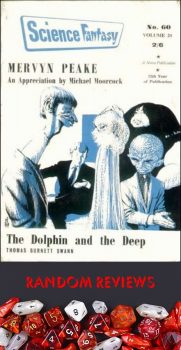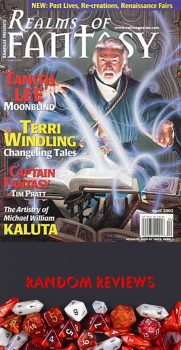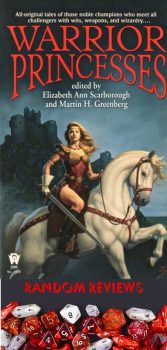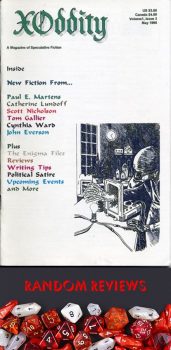Random Reviews: “The Troglodytes” by Fred M. Barclay
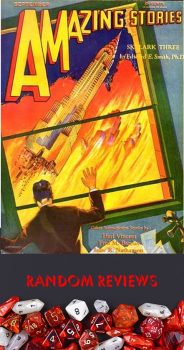
Fred M. Barclay had a story to tell, “The Troglodytes,” and he told it. Apparently, he said everything he had to say, because there is no indication that he ever published anything else. In Science Fiction: The Gernsback Years, Everett E. Bleiler’s biographical note on Barclay states, “No information.”
Barclay uses a framing technique that was relatively common at the time. His narrator, Joe Everett, is found disheveled by a family on a country road and when they take him in to make sure he is okay, he tells them the story of his adventure, which began with Joe and two of his friends, John and Jim. The three men found a cave and decided to explore it, discovering an ancient civilization living underground and completely divorced from the surface world.
It is clear from the start that John and Jim did not return to the surface world with Joe and the main tension is the story is what happened to them. An initial expectation that they were killed by the troglodytic race known as the Ampu appears to be subverted once the trio meets them. The Ampu are welcoming to them and treat them well, giving them a tour of their subterranean world, almost as if they were honored guests.
